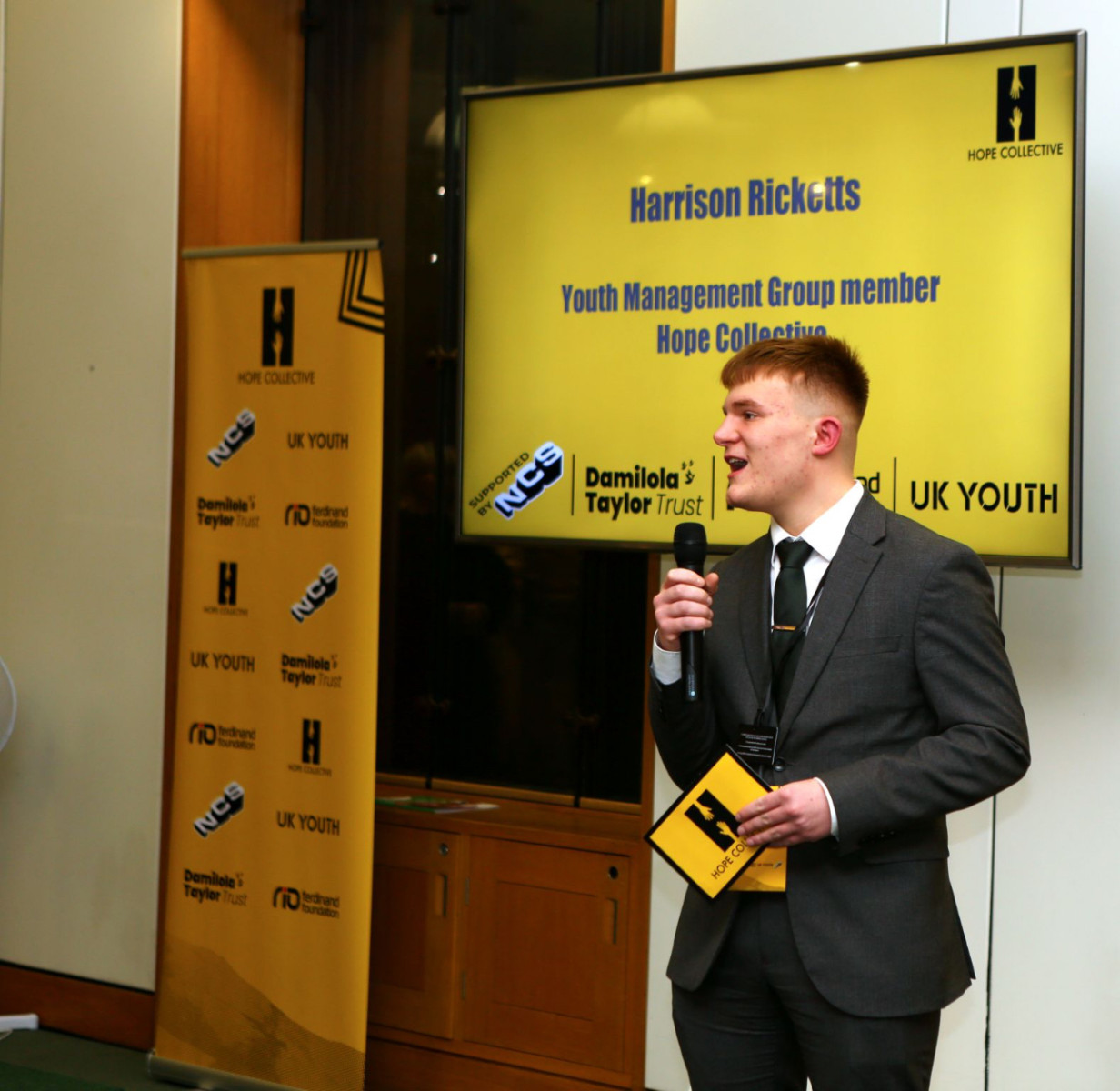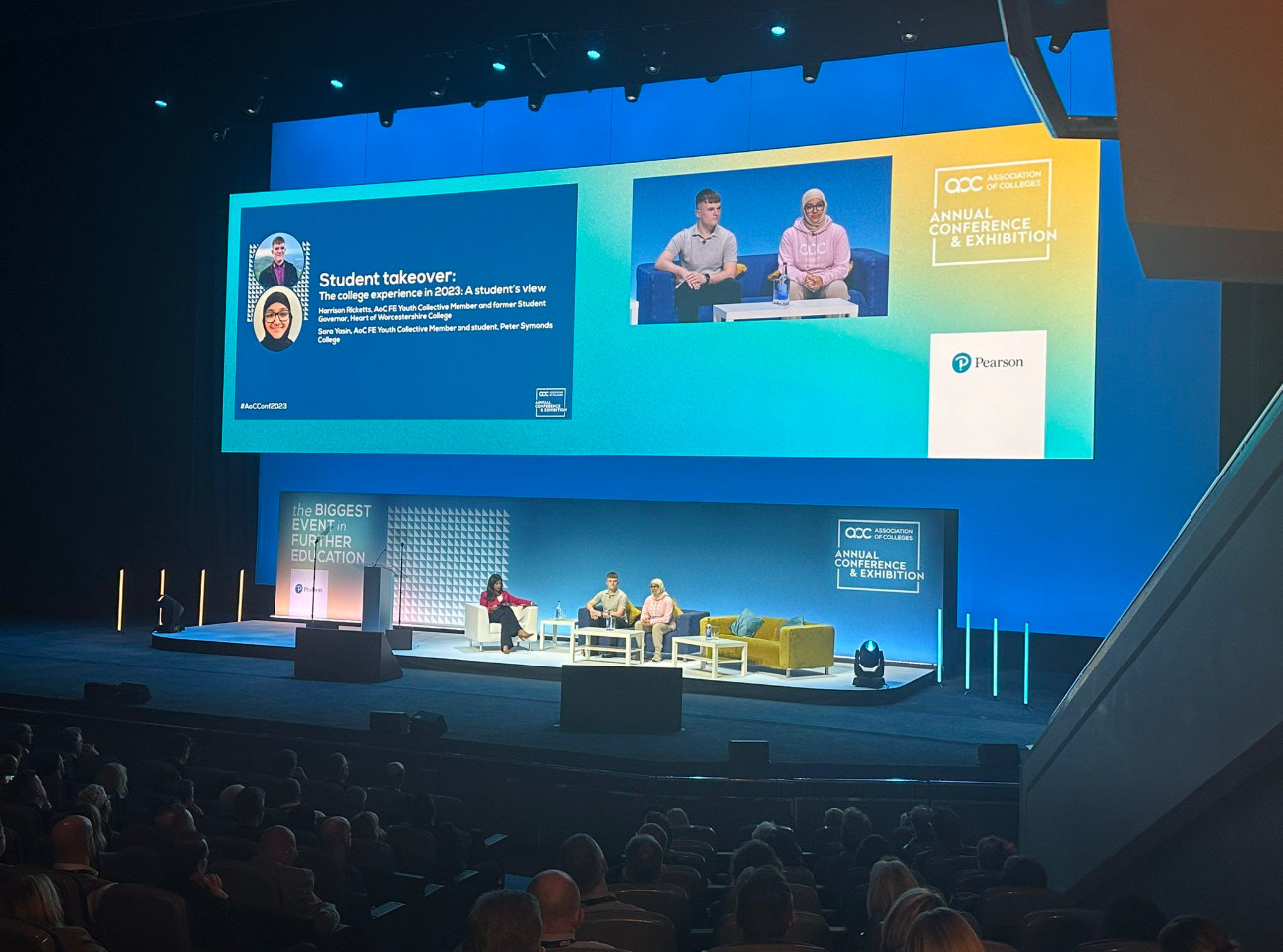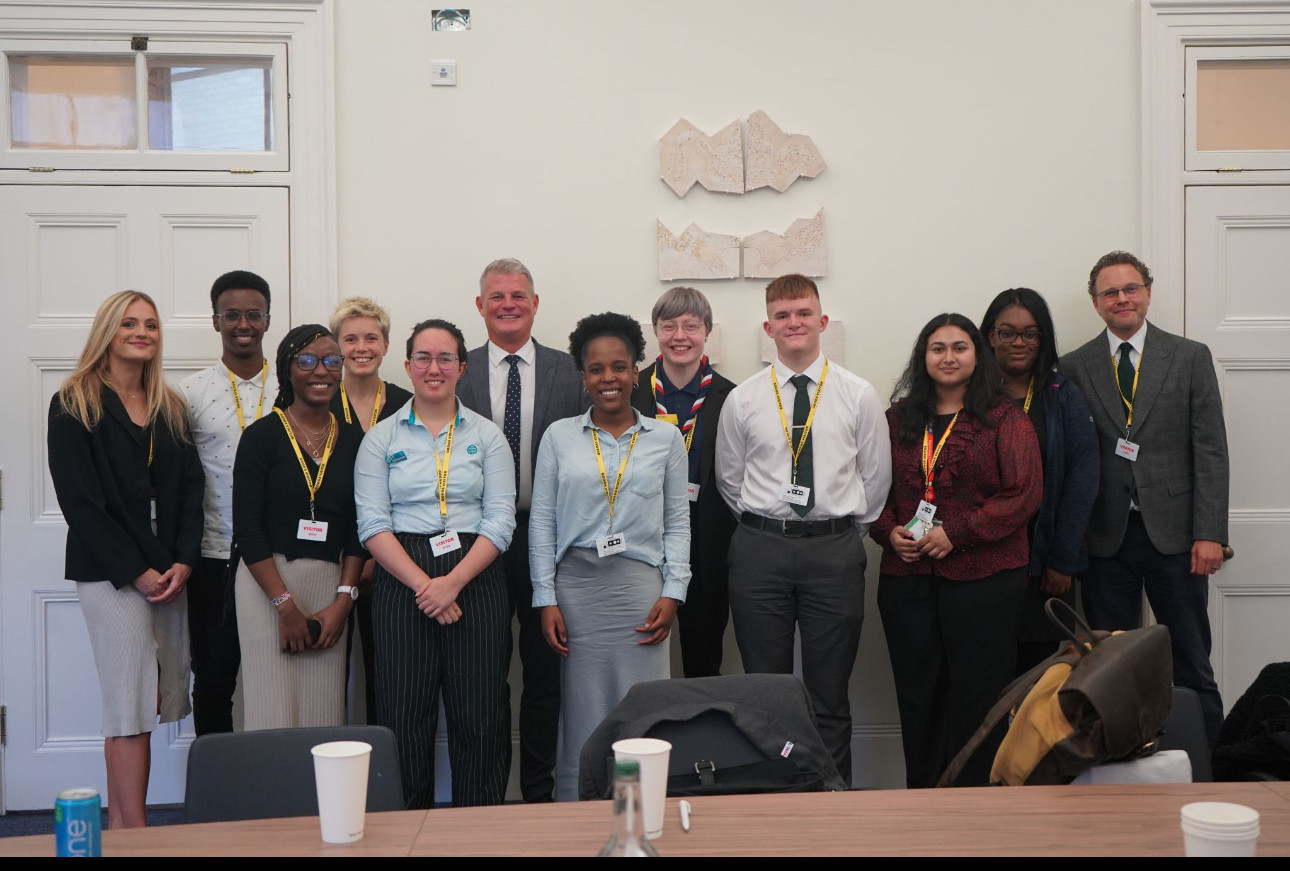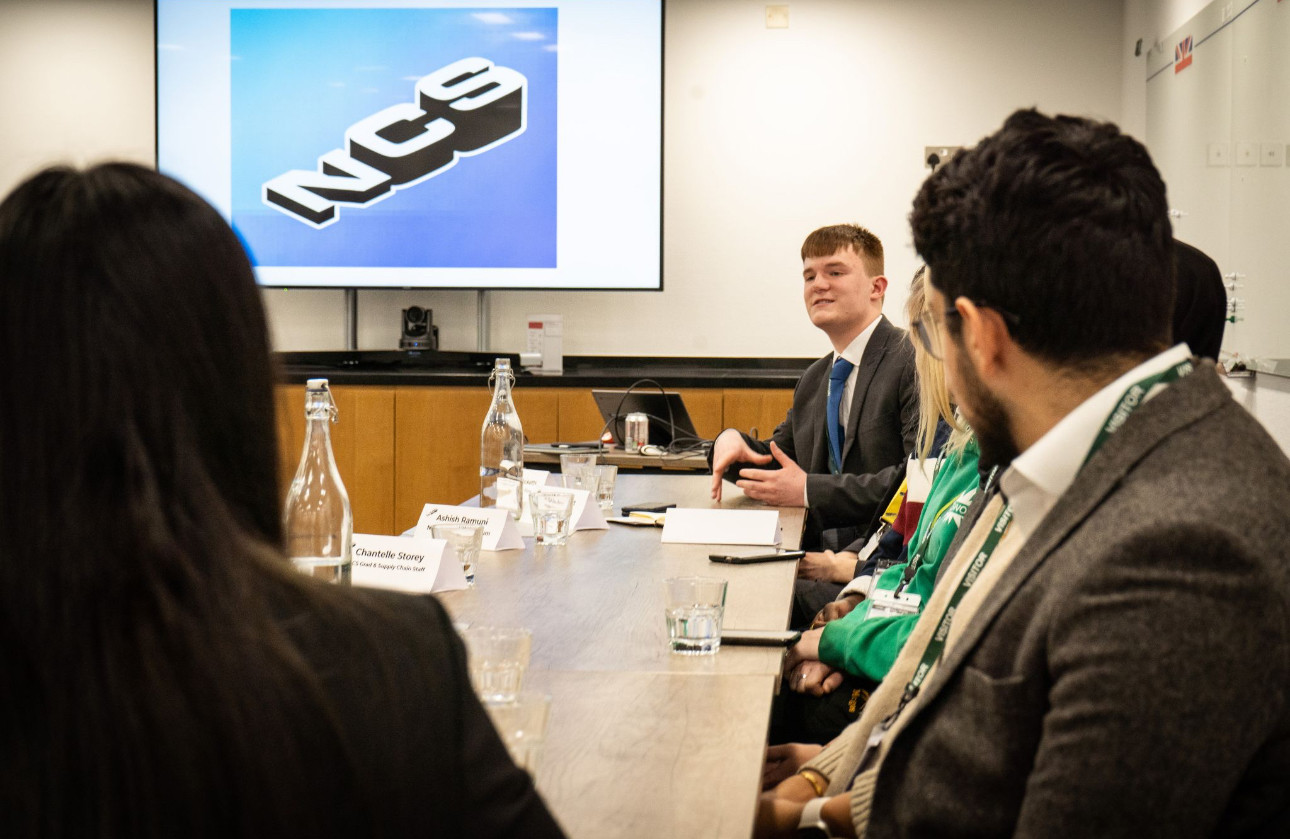I come from Worcestershire, in the West Midlands, where I have always been passionate about engaging with political and community opportunities, whilst representing my experience and the experiences of those around me. I want to share why it is important for young people to engage with democracy and consider what can be done to ensure young people’s needs and priorities are being represented in government.
People across the UK have drastically varying backgrounds and experiences, which is why there is no 'one solution' to any problem. It is important to engage with politics because improvements to areas that affect you will only come from voicing your concerns and priorities. Later, I will talk a bit more about how one can do this, but it is important to know that voicing your thoughts can be done in lots of different ways.
What made me engage with politics?
I became involved with politics all thanks to the National Citizen Service (NCS) Trust, which offered me the opportunity to become a member of their Youth Voice Forum in 2022 - this was possible due to my participation in their summer programme after I finished my GCSEs. The NCS Summer Experience is a national offer, designed specially for 16- and 17-year-olds, which aims to engage, unite, and empower young people. For me, it built my confidence and inspired me to go and achieve my dreams, regardless of my background.
At the same time as taking up a role with NCS Trust to represent young people and my local area, I also started to work with YMCA Worcestershire, where I primarily focused on youth work such as providing youth groups across the week. NCS provided me with knowledge and experience within politics and allowed me to form connections with organisations such as Youth Employment UK. After showing my commitment and passion, YMCA Worcestershire offered me the opportunity to work with YMCA England & Wales to represent my local area whilst doing international work to spread the mission of the YMCA global movement.
Participating in politics
Not everyone can nor wants to commit as much time to politics, but people can still take steps to ensure that they are fairly represented. One of the biggest challenges to voting is knowing who to vote for. To be confident in your choice, take some time to understand what your priorities are and what actions you would like someone to take who will be representing you and your local area in Parliament. Then I would encourage some light research into the candidates and the parties they represent in your area and consider which best matches you as an individual.
Another means of engaging with politics is talking with your local authority and/or your MP, doing your best to voice issues you are passionate about and working with others with a similar view to demonstrate that there are lots of people in your constituency that feel strongly about a similar issue.
Does the UK government truly understand the needs of its citizens?
As you may be able to tell by now, my experience with the government and parliament has been mostly positive, and I feel that I have been represented. However, this is not the case for many people across the UK. This is evidence that more needs to be done to better understand the needs of the UK population. If you feel that the government is not addressing persistent issues, consider reaching out to your MP to highlight this issue. After that, efforts should be made to set up groups that can specifically target certain areas, working alongside MPs or government departments. If improvements have not come about after efforts such as this, often people will reconsider what political party is best suited to address the identified issue.
Democratic governments across the world are run by people, who will prioritise efforts to make the biggest groups of voters with similar priorities happy. This means that smaller groups of voters can be disregarded across a multitude of decades. Often, citizens are left feeling that their voice has no meaning, and the problems will remain persistent forever. This is why a change in political parties is required over time, as it is impossible to account for the needs of every citizen across the UK. So, as each political party comes into power with differing priorities, challenges previously disregarded may start to be addressed.
Political education
Political education should be a mixture of voluntary, self-led research as well as education at secondary school for teenagers approaching the age of voting. Some may raise concerns of placing partial responsibility of political education onto schools which are directed by the government in power. This is why I believe that there should be an external body holding the government to account on what secondary schools are teaching to the next generation regarding politics.
These lessons should be unbiased and consistent no matter where a young person is being taught. However, educational institutions should make efforts to use local information to help students better understand how they and their local community play a part in the UK and its democracy.















0 Comments